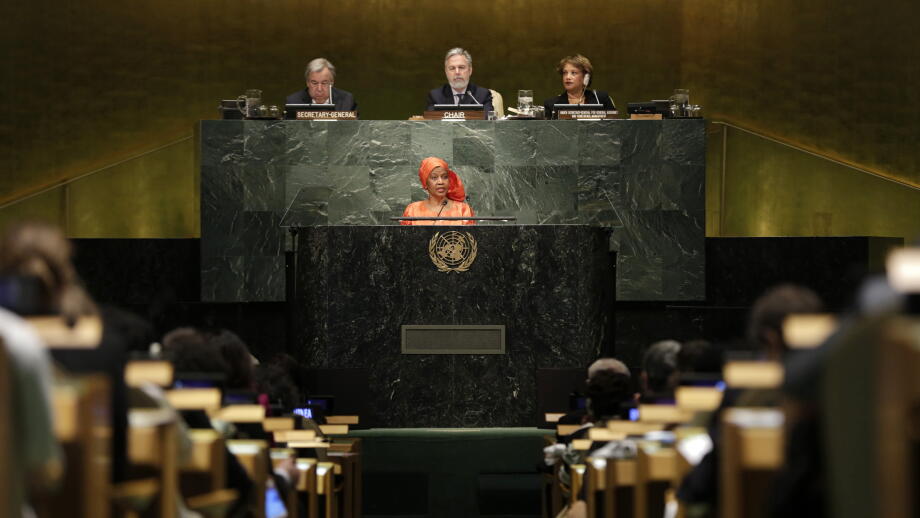In Short:
There has been much research and conjecture concerning the barriers women face in trying to climb the corporate ladder, with evidence suggesting that they typically confront a ‘glass ceiling’ while men are more likely to benefit from a ‘glass escalator’. But what happens when women do achieve leadership roles? And what sorts of positions are they given? This paper argues that while women are now achieving more high profile positions, they are more likely than men to find themselves on a ‘glass cliff’, such that their positions are risky or precarious.
Key findings
This archival study examined the performance of FTSE 100 companies before and after the appointment of a male or female board member. The study revealed that during a period of overall stock-market decline those companies who appointed women to their boards were more likely to have experienced consistently bad performance in the preceding five months than those who appointed men. These results expose an additional, largely invisible, hurdle that women need to overcome in the workplace. Implications for the evaluation of women leaders are discussed and directions for future research are outlined.
Contact
Michelle Ryan
Director
Intersectionality & identity, Leadership & the Glass Cliff, Relationships & the care economy, The workplace & working lives
You may also like
Why we need to stop trying to "fix" women
To address the persistence of gender inequalities, many workplace gender equality interventions have been designed and implemented by governments, gender equality practitioners, professional bodies,…
Glass cliff candidates in the 2022 election
Our analysis of the women candidates running in unwinnable seats in the 2022 federal election
The diplomatic Glass Cliff
For the first time in history, women in Australian diplomacy have equal or near-equal representation in leadership whilst the institution they represent is shrinking — in funding, footprint and…




